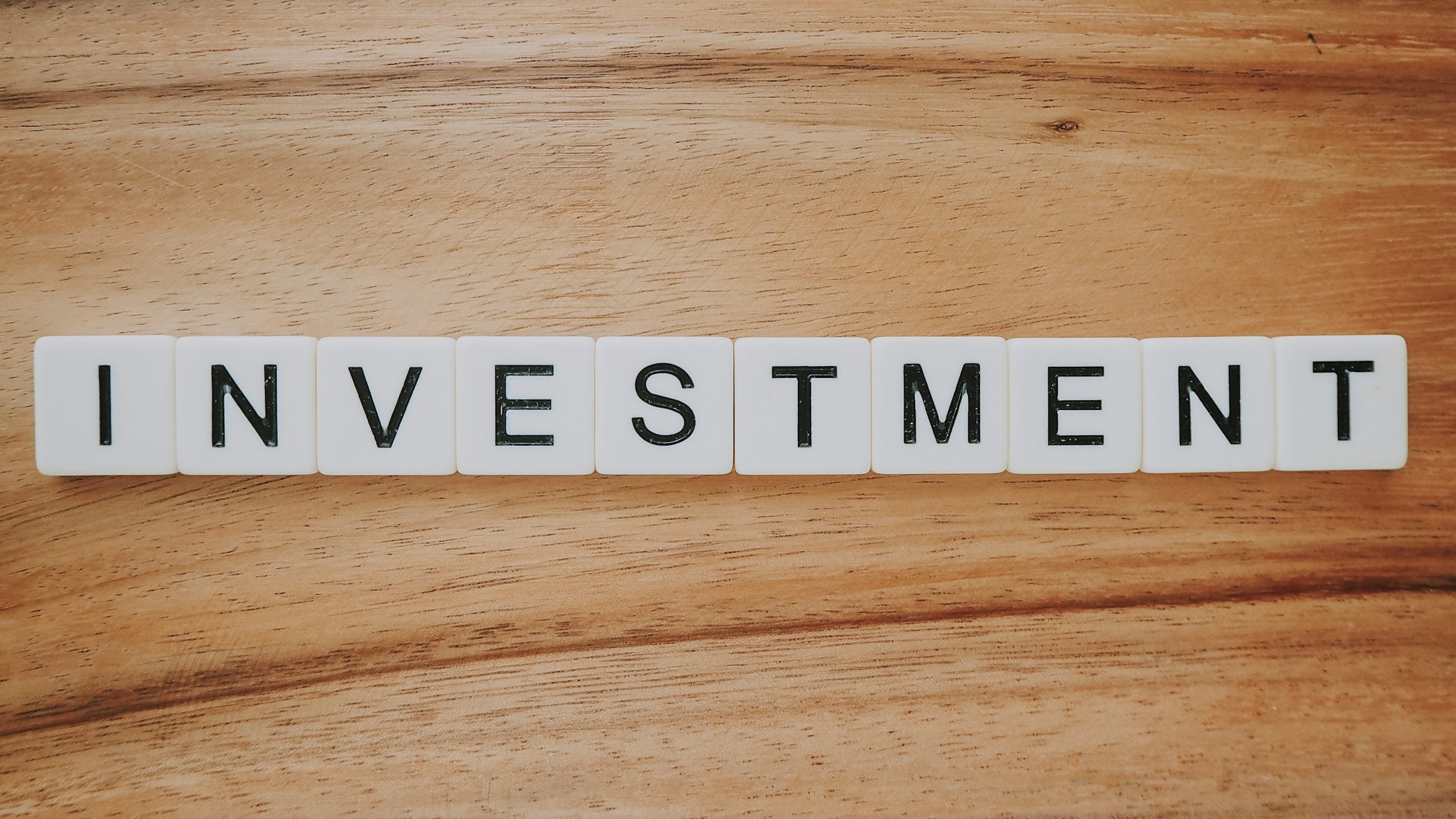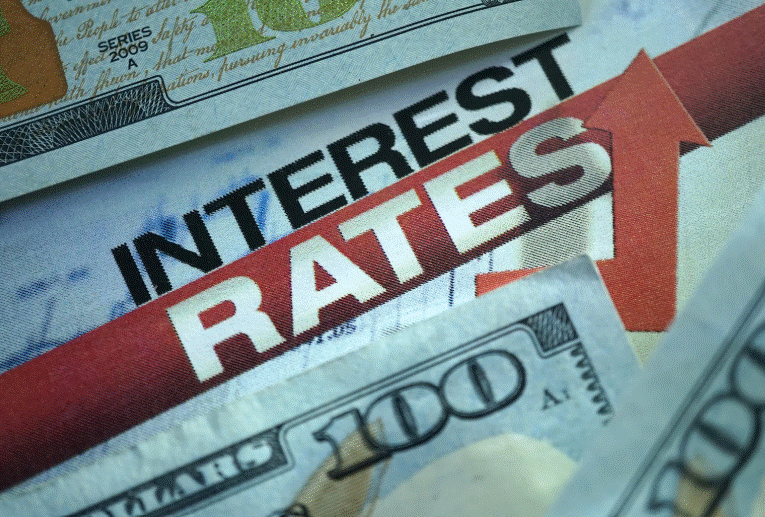A home of your own is the American Dream, right? To own one's own dwelling is a testimony to self-reliance and responsible provision for the family. It helps to build pride and self-respect, and to give the owner a vested interest and greater stake in the community. With all of the emotional gratification and cultural prestige that accompanies property ownership, the economic security was the most persuasive selling point. With a few notable exceptions in financial history, houses generally appreciate in value. That was always cash money when retirement and downsizing came along. Is this fact still the case today?
Is a Home Purchase an Investment at All?
There are voices that are bearish on home buying as a financial investment. While acknowledging the general trajectory of appreciation in house values, they contend that much of this enhanced worth is the result of inflation. To only slightly outpace inflation does not make value profitable. Beyond this, and unless you are a professional investor, most people buy houses because they need one, not because they will come out ahead by thousands of dollars thirty years from now. Furthermore, they will sell when circumstances dictate -- e.g. job loss, empty nest, increased taxes -- and not when the monetary returns are optimal. In terms of purpose, a primary residence is not primarily an investment.
Can a Home Purchase Generate a Significant Profit?
Granting the fact that a house is first and foremost a home, should long-term financial interests play any role in buying property? Of course it should. In the same way we contribute to retirement funds; invest in stocks, bonds and commodities; save regularly; and retain financial planners, prospective owners seek to maximize their dwelling as an asset, particularly when a big mortgage is factored in. While they live, work and raise children, they count on the worth of their house to increase. With good reason: adjusted for inflation, median home prices rose from $168,620 in 1960 to $271,768 nearly 60 years later, according to statistics compiled by the Federal Housing Finance Agency. Median home value dipped seriously in the aftermath of the 2007-2009 banking crisis to as low as $193,000. Since then, the direction has been consistently upward. In fact, home value can increase and deliver profit at resale.
What About Today?
Assuming that home buying is for a primary residence to be held for the long-term, there are reasons to believe that a purchase is a sound decision. More than anything, the cost of financing is modest -- mortgage rates are at historic lows and expected to go lower after sharp reductions in the benchmark rate by the Federal Reserve. On the other end, home prices are rising and expected to keep improving as long as the inventory of available houses remains small. Meanwhile, Millennials are buying and baby boomers are holding on to their properties longer. As competition gets fierce, values continue climbing. Buyers would do well to seize the day ... today.
Long-Term/Short-Term
Buying a house for purely investment purposes -- e.g. wholesaling, flipping -- is a good investment given the favorable financing and tight availability. There are immediate gains for short-term ownership, if the purchase price is right. Yet long-term holders can not predict economic conditions a generation away. Probably the best way to plan is to keep the potential returns on investment in mind, but not to count on them. Too many intervening variables stand between now and then for that kind of confidence. Instead, enjoy and treasure the house in the present. That is value, too.





